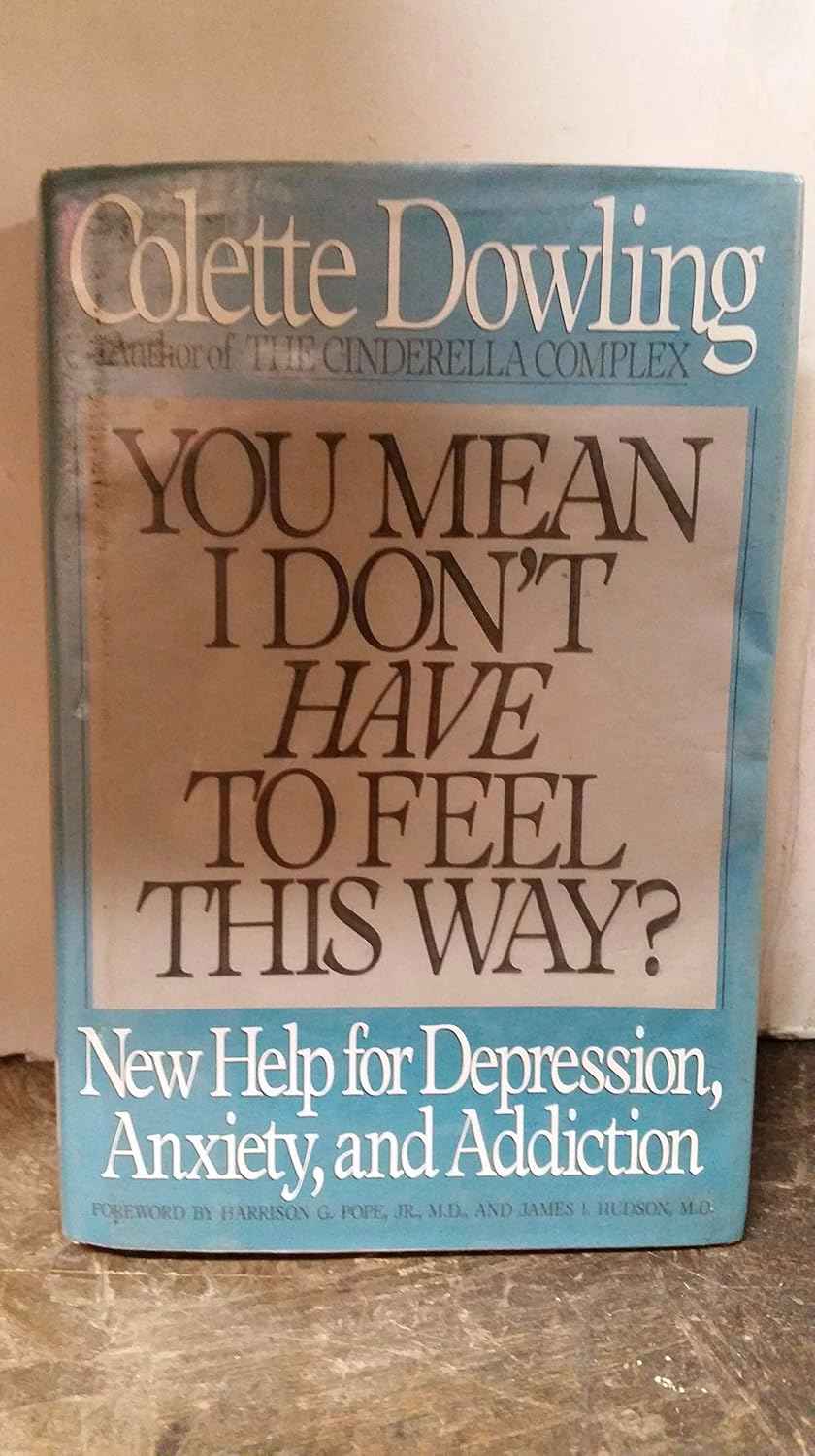
This book isn't just a read—it's an emotional experience. From the moment I opened it, I felt seen in a way no other self-help book had made me feel. The raw honesty about chemical imbalances and mental health struggles cuts through the usual fluff.
The case studies hit hard. There's one about a woman who thought her codeine dependency was just 'weakness' until realizing it was her brain's desperate attempt to cope with undiagnosed depression. That passage made me put the book down and just breathe for a minute—it was that relatable.
What makes this special is how it removes shame from the equation. The tone never feels clinical or judgmental. When describing panic attacks, the author gets it exactly right—that terrifying feeling of your body betraying you while your mind screams that you're overreacting.
The treatment section does show its age (originally published in 1990), but the core message holds up: This is medical, not moral. That distinction gave me the courage to finally see a doctor after years of white-knuckling through life.
I've bought six copies over the years—for friends, family, even left one anonymously in a therapist's waiting room. It's that kind of book: When someone says they're struggling, my first thought is 'They need to read this.' The dog-eared pages and tear stains on my copy are testament to how often I return to certain passages during rough patches.

